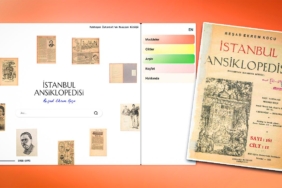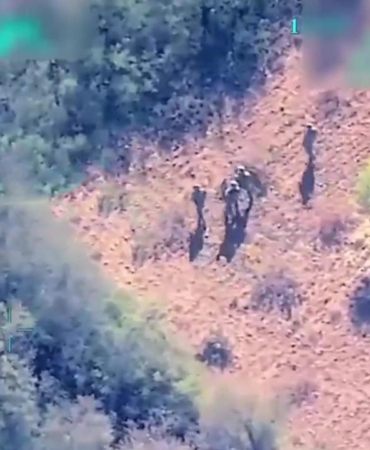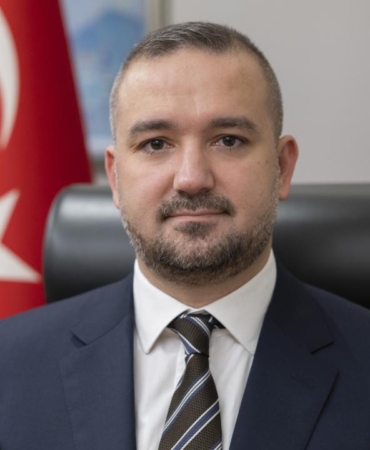Folk songs interpreted by his unique style, Ertaş was born in 1938 in the village of Abdallar (Kırtıllar), located in the Çiçekdağı district of Kırşehir, and known as the “Bard of the Steppe.” The artist lived in his birthplace village until the age of 8.
Later on, Ertaş moved with his family to İbikli (Çiçekdağı) village, where he fell in love with music thanks to his father Muharrem Ertaş, who was a master saz player.
Describing bozlak songs as a lament, Ertaş first musical instrument was a toy bağlama his mother Döne Ertaş made by attaching strings to a laundry bat. Despite not being able to attend school, Ertaş learned to play baglama and violin at a very young age and learned to read from his brother Necati Ertaş.
Ertaş released his first record at the age of 19, which contained the folk song “Neden Garip Garip Ötersin Bülbül” written by his father. With the success he achieved in his records, he became a folk bard known and listened to throughout all of Anatolia in a short period of time.
Ertaş traveled with his father in his childhood to several cities such as Kırşehir, Nevşehir, Niğde, Kırıkkale, Keskin, Yerköy, Kayseri, and Yozgat, where they played saz and sang folk songs.
Having learned many things about music from his father, Ertaş had a passion for music. At the age of 14, due to his love for music, he moved to Istanbul. The artist continued his music career in Ankara after approximately two years of record, cassette, and concert work in Istanbul.
During this period, he was also referred to as “The Father of Turkish Folk Music,” “Legend of Anatolia,” and “Abdal Musician.”
Ertaş, who titled as a local artist, hosted radio programs on Ankara Radio. He met and married Leyla Hanım. The couple had three children but divorced seven years later.
Due to health problems that prevented him from playing the instrument, Ertaş settled in Germany for treatment. Due to his albums, radio programs, concerts, and wedding performances, Ertaş gained great fame in Turkey and became a beloved figure among the first-generation Turkish immigrants in Germany.
Playing traditional folk songs in his own style, Ertaş reappeared in front of his fans in Istanbul in 2000. He turned down the title of “State Artist” offered to him during Süleyman Demirel’s presidency.
In his lifetime, Ertaş was declared a “Living Human Treasure” by the Ministry of Culture and Tourism within the scope of the “UNESCO Convention for the Safeguarding of Intangible Cultural Heritage.”
Recognizing the poet’s expressions of Anatolian people’s sorrow in his works, İstanbul Technical University State Conservatory awarded him an honorary doctorate in 2011, and some of his ballads are taught in conservatories.
Ertaş, who signed nearly 400 records, many cassettes, and “long plays” throughout his life, passed away at the age of 74 in İzmir on September 25, 2012, due to prostate cancer.
Prof. Dr. Erol Parlak published a two-volume book on Ertaş’s life and works, and some of his albums include “Ah Yalan Dünya”, “Gönül Ne Gezersin Seyran Yerinde”, “Kendim Ettim Kendim Buldum”, and many more.






















